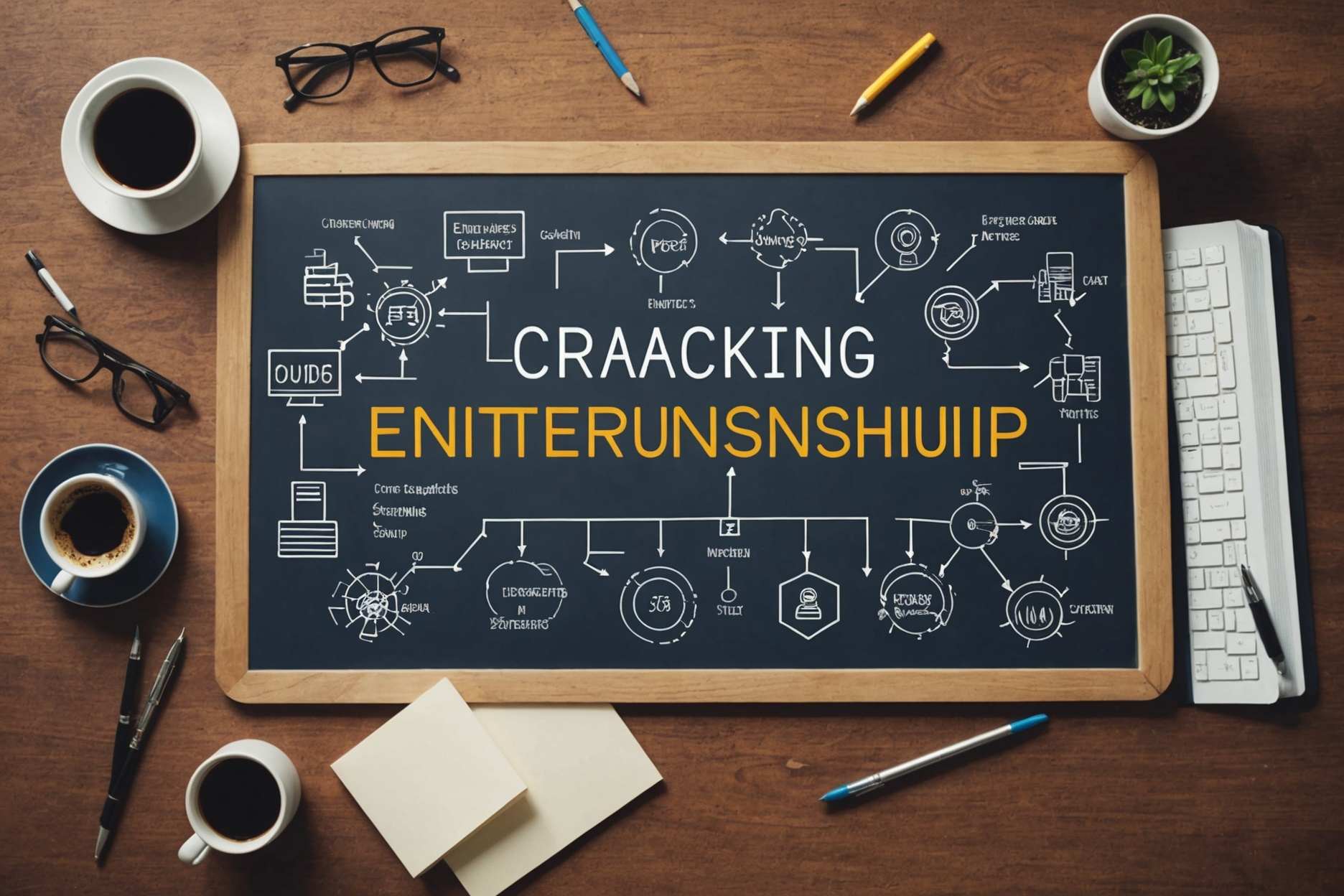
By Nancy Lapid
(Reuters) -Researchers monitoring the brain activity of a patient with a severe binge-eating problem reported that Eli Lilly's GLP-1 weight-loss drug appeared to temporarily suppress food-craving signals in the "reward center" of the brain.
These are the first direct measurements of brain activity in a person receiving tirzepatide, sold as Mounjaro for diabetes and Zepbound for weight loss, shedding light on the treatment's impact on so-called food noise.
The report, published on Monday in Nature Medicine, describes the effect of tirzepatide on a single individual, and the findings cannot be generalized to others, the researchers cautioned. But it may suggest a role for future versions of Mounjaro or other GLP-1 drugs in treating certain eating disorders, they said.
“Hopefully this report inspires some rigorous investigation of that possibility,” said study leader Dr. Casey Halpern of the Perelman School of Medicine at the University of Pennsylvania.
The study followed four patients participating in the first human trial of deep-brain stimulation for treating loss-of-control eating disorders such as binge-eating and bulimia.
The plan was to monitor activity in the brain's reward center, or nucleus accumbens, and use a surgically implanted device to send electrical impulses to block signals that “ramp up” before binge-eating episodes, Halpern said.
One patient's doctor had prescribed tirzepatide before the electrodes were implanted to treat her type 2 diabetes and obesity. During the first few months of electrode monitoring, she reported no food preoccupation and her nucleus accumbens food-craving signals were silent.
Study participants not taking tirzepatide showed the typical elevated activity in the nucleus accumbens and frequent episodes of food preoccupation.
The striking quiet in her nucleus accumbens signaling and food preoccupation suggests that tirzepatide was responsible for the temporary quieting of food noise in this patient, the researchers said.
“Activity in her nucleus accumbens was so quiet that it almost made us think our system wasn't working,” Halpern said.
DRUG IMPACT FADES OVER TIME
Five months later, the researchers saw signs that tirzepatide’s effects on this patient’s behavioral disorder were temporary, and “food noise” was breaking through.
They detected nucleus accumbens activity consistent with binge-eating, and the patient reported episodes of severe food preoccupation.
The reason tirzepatide’s effect on out-of-control eating was only temporary in this case is likely because the drug was designed and optimized for diabetes and weight loss, not for binge-eating disorders, Halpern surmised.
Current popular weight-loss drugs mimic hormones found in the small intestine and pancreas and are not designed to impact the brain’s reward mechanisms.
To have a lasting effect on severe food preoccupation, GLP-1 drugs would need to be redesigned to impact the nucleus accumbens and optimized for mental health, Halpern said.
(Reporting by Nancy Lapid; Editing by Michele Gershberg and Bill Berkrot)
LATEST POSTS
- 1
 7 Strange Apparatuses to Make Your Party Stick Out!
7 Strange Apparatuses to Make Your Party Stick Out! - 2
 The most effective method to Keep up with Proficient Handshakes in a Computerized World
The most effective method to Keep up with Proficient Handshakes in a Computerized World - 3
 Figuring out the Business venture Code: The Response to Building an Effective Startup
Figuring out the Business venture Code: The Response to Building an Effective Startup - 4
 Highlight Correlation of Microsoft Surface Book and Surface Genius Workstations for Determination
Highlight Correlation of Microsoft Surface Book and Surface Genius Workstations for Determination - 5
 Make your choice for a definitive Christmas getaway destination!
Make your choice for a definitive Christmas getaway destination!
 Select Your Go-To Bluetooth Earphones
Select Your Go-To Bluetooth Earphones Manual for Individual accounting Fundamentals for Amateurs
Manual for Individual accounting Fundamentals for Amateurs 島崎和歌子「フェイクマミー」第6話でTBS金ドラ17年ぶり出演 初の祖母役「吹き出物が出るほど大変」(スポニチアネックス)
島崎和歌子「フェイクマミー」第6話でTBS金ドラ17年ぶり出演 初の祖母役「吹き出物が出るほど大変」(スポニチアネックス) German finance minister sees advantages of smartphones in schools
German finance minister sees advantages of smartphones in schools Lucrative Positions in the Advancing Position Market of 2024
Lucrative Positions in the Advancing Position Market of 2024 盗撮がばれ上場企業を懲戒解雇 示談成立で不起訴なら次の会社に伝えなくてもいい? 当事者男性「誠実に向き合いたい」(ABEMA TIMES)
盗撮がばれ上場企業を懲戒解雇 示談成立で不起訴なら次の会社に伝えなくてもいい? 当事者男性「誠実に向き合いたい」(ABEMA TIMES) Top 20 Wellbeing and Wellness Applications for a Sound Way of life
Top 20 Wellbeing and Wellness Applications for a Sound Way of life 村上宗隆、米球団と交渉開始へ 期限は12月23日(共同通信)
村上宗隆、米球団と交渉開始へ 期限は12月23日(共同通信) Vote in favor of your #1 Sort of Convenience for a Family
Vote in favor of your #1 Sort of Convenience for a Family













